As 2022 continues to roll-on, there will be new challenges for companies to manage as they enter the second half of the year. What are some of the big regulatory developments to keep an eye on?
The first half of the year saw a strong focus on sanctions, as the war in Ukraine heated up. However, as the industry looks to the future, what could be areas that may have been overlooked regulatory-wise?
According to Theta Lake director of regulatory intelligence Stacey English, a key regulatory development to watch out for will be the escalating enforcement and guidance in the electronic communications space.
She said, “Given that the SEC, CFTC, NFA and others have collectively imposed fines expected to exceed $2bn for failures to capture, retain, and supervise e-comms this year, H2 will see continued enforcement activity and additional regulatory guidance on this issue. It’s clear that regulators have run out of patience with firms communicating on channels that became popular in hybrid work environments but remain unmonitored.”
English remarked that the rapid adoption of collaboration and dynamic chat tools like Zoom, Teams, Slack and RingCentral for hybrid work coupled with continued reliance on mobile messaging tools like WhatsApp, Zoom, SMS and WeChat has challenged legacy approaches to recordkeeping and supervision.
She detailed that she anticipates the regulatory guidance will cover three key areas. Firstly, English believes the industry will see rulemaking around compliance mandates to include capture, retention and oversight of dynamic collaboration communications content like screenshares, webcams, whiteboards, reactions, emojis and other interactive features.
The Theta Lake director also underlined that collaboration platforms have become ‘the default communication systems across the financial services industry’, emphasising the need for more robust guidance to protect retail investors and ensure transparency during institutional sales processes.
Secondly, reliance on written policy restrictions prohibiting the use of mobile messaging platforms such as WhatsApp or SMS will no longer be sufficient, English claims. She added that recent enforcement actions have emphasised a bright line between business and personal communications, and regulators are likely to reassert the principle that the content of the communication that is determinative to trigger compliance obligations, not the form of the communication or the technology platform used for the interaction.
She remarked that the expectation will be that robust compliance will be required wherever business conversations are taking place.
Last of all, she believes that increased guidance related to liability for senior managers enabling or simply ignoring non-compliant messaging behaviour is likely. Companies have penalised staff engaged in improper use of commuications systems, and regulators are likely to memoralise mandates to discipline those engaged in improper behaviour.
English concluded, “In order to align with emerging regulatory guidance, firms must rethink control frameworks to open up new communications platforms that employees, customers, and prospects want to use in a compliant manner.
“Deploying modern compliance systems like Theta Lake’s that can capture, retain, and supervise all of the dynamic content in conversations on collaboration, chat, and mobile messaging applications is key. Firms must have the ability to deploy new communications tools in an incremental and non-disruptive manner to support existing.”
While regulation around communications is picking up the pace, global financial crime continues to be one of, if not the most important regulatory challenge for companies globally.
This is an opinion echoed by Eventus director of regulatory affairs Martina Rejsjo, who believes global financial crime will continue to be the focus of regulators, with an emphasis on AML and KYC issues.
She said, “These are bigger and bigger topics and regulators are cracking down on companies and systems that are not up to par. We will see global initiatives where regulators work together to set standards across borders.
“The effect that this push by regulators will have is that it will reinforce a trend we are already seeing among financial institutions. Firms are moving away from a check-the-box approach to AML and KYC and focusing more on making assessments around the effectiveness of their policies and procedures in order to better target the highest risk areas within their organisations.”
Rejsjo cited that AI is increasing in use both within trading practices and within the surveillance and monitoring space. The impact for regulators, she claims, will be to see if the AI models fit in current regulation or whether the regulation needs to be enhanced to cover new use cases.
She concluded, “Focus from the regulators will most likely be around explainability, regulators need to have confidence and trust that the applicable AI implementation functions as described. Financial institutions will need to demonstrate that the output is as expected and that the organisation has sufficient testing and evaluation tools as well as supervisory procedures governing the usage.”
In the opinion of Joseph Twigg, CEO of Aveni, the big trend to watch out for in consumer duty.
“The big one has to be Consumer Duty. This is a game changer for the industry and really will demand a dynamic shift from financial services firms. They will have to change their approach and capability to truly deliver positive customer outcomes which can be clearly demonstrated and proven. This will require a rethink about existing processes and a clear strategy for embedding smart technology into these. Doing nothing or deploying indefinite human resource is simply not feasible and companies who don’t act to protect themselves will be limiting their ability to comply, but also to scale appropriately.
“The demands of data-first supervision and expectations of quality and risk assurance which Consumer Duty emphasises do also bring an additional level of complexity to the Board room. For many Boards the shift beyond measurement of purely operating profits, growth and margins will be outside the comfort zone and will demand more knowledge and understanding of technology, and particularly in areas such as machine learning or Artificial Intelligence. This will challenge and frustrate potentially, but the direction in which the FCA is moving with this regulation enhances good business management and that has positive impacts for all when adopted properly. ”
“This regulation presents a crossroads for the industry and there is an opportunity to be left behind if it is not taken seriously enough with the right investment and focus on technology for the ultimate level of compliance.”

